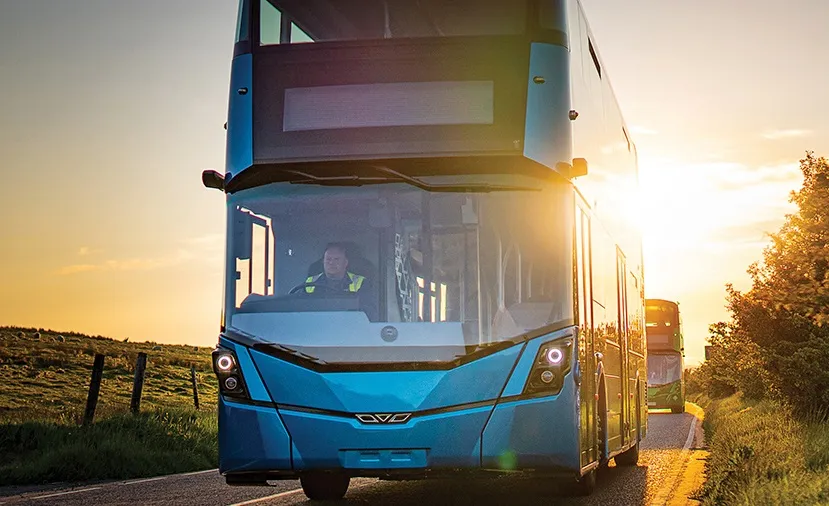The UK Supreme Court has unanimously dismissed the appeals against the HS2 high speed rail line.
Following a Court of Appeal ruling in which the government won on all seven areas of challenge, the Court of Appeal gave permission to appeal to the Supreme Court on two grounds: the claim that the government was required to comply with the Strategic Environmental Assessment (SEA) Directive, and failed to do so (this ground was led by HS2 Action Alliance, and supported by the Local Authorities and Heathrow Hu
January 22, 2014
Read time: 2 mins
The UK Supreme Court has unanimously dismissed the appeals against the 1995 HS2 high speed rail line.
Following a Court of Appeal ruling in which the government won on all seven areas of challenge, the Court of Appeal gave permission to appeal to the Supreme Court on two grounds: the claim that the government was required to comply with the Strategic Environmental Assessment (SEA) Directive, and failed to do so (this ground was led by HS2 Action Alliance, and supported by the Local Authorities and Heathrow Hub); the claim that the hybrid Bill will breach the Environmental Impact Assessment (EIA) Directive (this ground was led by the local authorities)
Responding to the ruling Transport Minister Baroness Kramer said: “We welcome that the Supreme Court has unanimously rejected the appeal, which addressed technical issues that had no bearing on the need for a new north-south railway. The government’s handling of the project has been fully vindicated by the highest court in the land.”
She said the government will now continue to press ahead with the delivery of HS2. The new north-south line will provide extra space for more trains and more passengers to travel on the network, delivering additional capacity where it is most needed. HS2 will also generate thousands of jobs across the UK and provide opportunities to boost skills.
“It is part of the government’s long-term economic plan to build a stronger, more competitive economy and secure a better future for Britain. HS2 is also essential in helping rebalance UK growth - bringing greater prosperity to the Midlands and the north - and we are continuing with the crucial business of getting the scheme ready for construction in 2017,” said Kramer.
Following a Court of Appeal ruling in which the government won on all seven areas of challenge, the Court of Appeal gave permission to appeal to the Supreme Court on two grounds: the claim that the government was required to comply with the Strategic Environmental Assessment (SEA) Directive, and failed to do so (this ground was led by HS2 Action Alliance, and supported by the Local Authorities and Heathrow Hub); the claim that the hybrid Bill will breach the Environmental Impact Assessment (EIA) Directive (this ground was led by the local authorities)
Responding to the ruling Transport Minister Baroness Kramer said: “We welcome that the Supreme Court has unanimously rejected the appeal, which addressed technical issues that had no bearing on the need for a new north-south railway. The government’s handling of the project has been fully vindicated by the highest court in the land.”
She said the government will now continue to press ahead with the delivery of HS2. The new north-south line will provide extra space for more trains and more passengers to travel on the network, delivering additional capacity where it is most needed. HS2 will also generate thousands of jobs across the UK and provide opportunities to boost skills.
“It is part of the government’s long-term economic plan to build a stronger, more competitive economy and secure a better future for Britain. HS2 is also essential in helping rebalance UK growth - bringing greater prosperity to the Midlands and the north - and we are continuing with the crucial business of getting the scheme ready for construction in 2017,” said Kramer.







